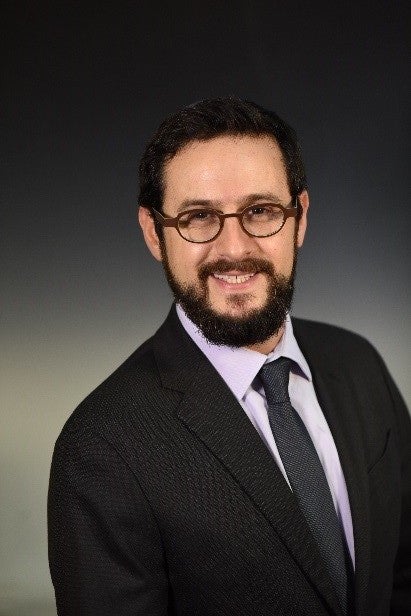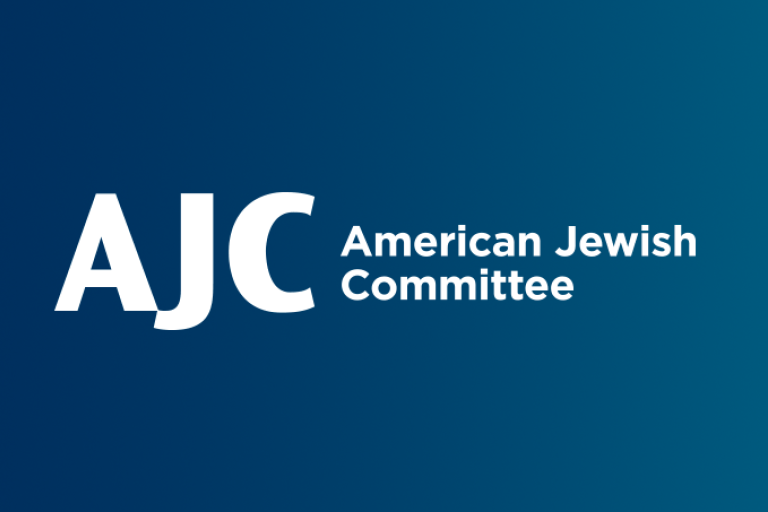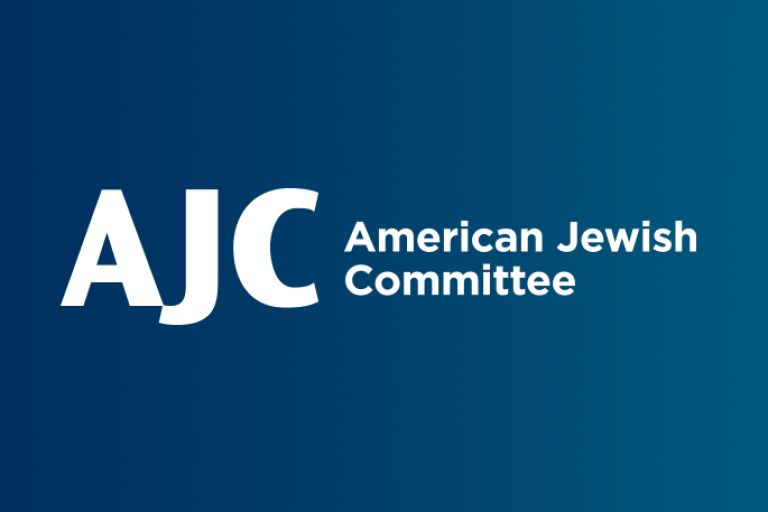September 4, 2020 — New York
This piece first appeared in RNS.
By Ari Gordon and Talib Shareef
(RNS) — Some in our communities consider our friendship peculiar. What could an Orthodox Jewish academic from New York and an African American imam raised in North Carolina have in common?
But over the years we have built trust on a foundation of mutual respect and joint action. We visit, learn about, and teach in one another’s faith communities. We stand in solidarity when the other’s people are attacked. Above all, we nurture a bond of brotherhood through our shared human experience.
We have been pained to see a growing rift between African Americans and American Jews, as loud — even if not representative — voices hurl conspiratorial accusations and hateful rhetoric.
Those in our communities and without who prefer to sow seeds of division for political gain often trade on the lack of personal connections between the two communities and perceptions that are too often built upon ignorance of the other. For Jews and Muslims, meanwhile, the Israeli-Palestinian conflict presents a further challenge on the path toward Black-Jewish unity.
To counter these sources of division, we support initiatives such as #BlackJewishUnityWeek, a new collaboration of the American Jewish Committee and the National Urban League that begins Monday (Sept. 7). This partnership extends a proud history of shared struggle for civil rights to help America fulfill its promise of equal opportunities and justice for all.
But rapprochement between African Americans and Jews also carries the potential to bridge divides between Jews and African American Muslims, who make up 20% of all Muslims in the U.S. We can draw on shared religious values, a common empathy for the downtrodden, and a dire need for allies in the parallel fights against antisemitism and racism.
Our respective religious heritage, a pillar of identity for both groups, mandates that we embrace diversity, oppose inequity, elevate justice and encourage partnership.
The Quran teaches that from a single soul Almighty God created diverse expressions of human life — "male and female, nations and tribes” — to stimulate our curiosity to know one another and that differences in our “tongues and colors” point to God’s greatness. The Talmud echoes the sentiment when it explains that humanity was created from a single person, Adam, to affirm the unity of the Creator, the equality of all, so that we might marvel in the sacred splendor of our diversity.
The holy texts of both traditions are replete with calls to justice, as when the Quran proclaims that “God’s word is fulfilled in truth and justice” and when the prophet Zachariah demands “justice with truth, and mercy towards one another."
In America, great leaders of our communities manifested these values in action. Rabbi Abraham Joshua Heschel taught that “no religion is an island” and demonstrated just what he meant by marching alongside the Rev. Martin Luther King Jr. in Selma. Imam W. Deen Mohammed, the American Muslim leader who passed away in 2008, regularly preached the unity of the human family, an ideal that underpinned his rejection of racial supremacy and his decades of active interfaith cooperation with Jews and Christians.
Both of our communities know suffering, whether it be exile, genocide, slavery or discrimination. Neither of our communities' experiences as Americans or people of faith can be fully articulated without reference to oppression.
The two of us feel this heritage personally: One of us descends from enslaved Africans, torn from their homes and robbed of their humanity, mistreated, oppressed and degraded; the other from survivors of the Holocaust, their culture decimated and families exterminated by Nazi hatred and barbarism. We reject competitive victimization. Rather, our legacies of oppression call us to empathy with those in pain and to action.
Year after year the FBI reports that anti-Black violence dominates race-based hate crimes in our country. Jews remain the major target of crimes based upon victims’ religion, while Muslims experienced the greatest increase in hate crimes in three of the last four years.
To push back against the rise in hate crimes, we joined the Muslim-Jewish Advisory Council (MJAC), established by AJC and the Islamic Society of North America. MJAC’s work to fight prejudice and bridge social divides is a tangible expression of our religious values and the lessons of oppression in action.
As American Jews and African American Muslims, we can dispense with the toxicity of mutual suspicion and reciprocal disparagement to write a new chapter of cooperation.
It is our hope that our partnership might bless this country as Imam Mohammad did in 1992, when he offered the first invocation by a Muslim before the U.S. Senate, that America “live as a prosperous nation of ‘many in one’ and as a people of faith taking pride in human decency, industry and service,” and that “her big heart for charity, compassion, repentance, and mercy continue to beat strongly within all of us.”
Talib Shareef is president and imam of the Nation’s Mosque, Masjid Muhammad. Ari Gordon is director of U.S. Muslim-Jewish Relations for the American Jewish Committee. Both serve on the Muslim-Jewish Advisory Council.



